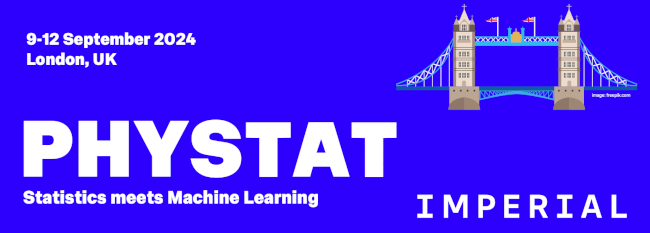Speaker
Description
A new generation of astronomical surveys, such as the recently launched European Space Agency’s Euclid mission, will soon deliver exquisite datasets with unparalleled amounts of cosmological information, poised to change our understanding of the Universe. However, analysing these datasets presents unprecedented statistical challenges. Multiple systematic effects need to be carefully accounted for, which would otherwise lead to incorrect physical interpretations. Efficiently navigating the large, complex parameter spaces required for robust systematics modelling is critical to ensuring that the anticipated increase in precision translates into equally enhanced accuracy in the final cosmological measurements.
My software COSMOPOWER tackles this challenge by training neural networks to emulate the computationally intensive calculation of cosmological power spectra. The emulation produces orders-of-magnitude acceleration in the inference pipeline. COSMOPOWER also enables the creation of fully-differentiable pipelines to leverage gradient-based sampling methods, which scale efficiently to high-dimensional parameter spaces. The acceleration provided by COSMOPOWER has led major international collaborations (e.g. Euclid, KiDS, ACT, Simons Observatory), working on both large-scale structure and Cosmic Microwave Background data, to adopt this software in their cosmological inference pipelines.
In this poster, I will showcase how recent advancements in COSMOPOWER pave the way for a new paradigm in cosmological inference, allowing for comprehensive Bayesian analyses —including both parameter estimation and model selection —to be conducted in a fraction of the time required by traditional methods, and extracting more information from the data than the traditional approach based on two-point statistics. The framework not only accelerates the inference process but also improves our ability to accurately model the underlying physics, especially for beyond-standard models, making it a critical tool for the future of cosmological research.
